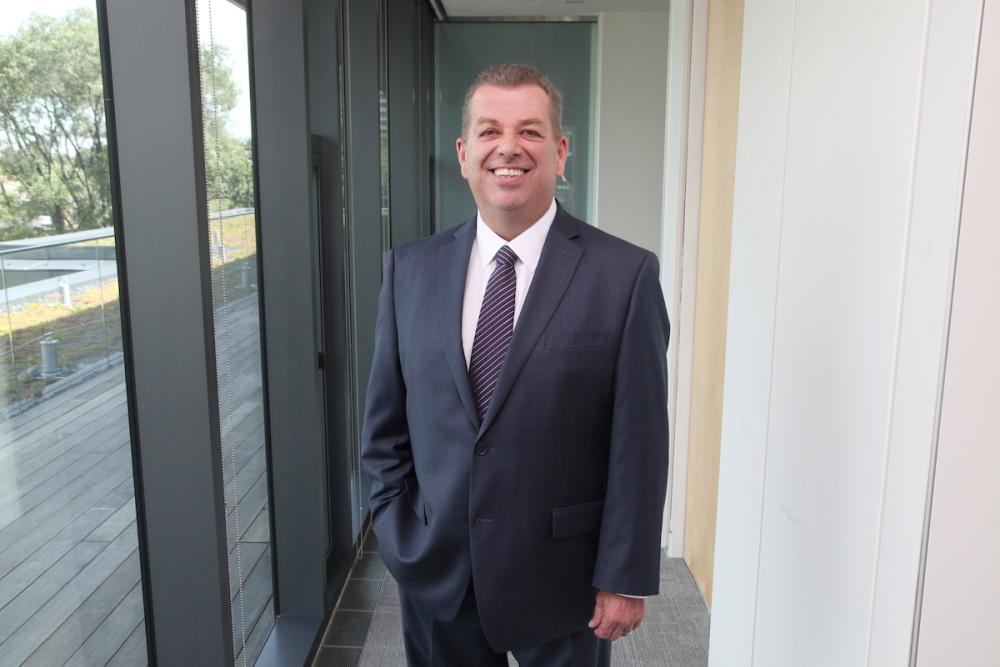
Unions and the Capacity to Make Social Change (From the President)
In January, Oxfam, a worldwide development organization that mobilizes the power of people against poverty, sent out a press release indicating that 85 of the world’s richest people are as wealthy as the poorest half of the world. This fact was extremely sobering. We all think we are conscious of the prevalence of poverty and the inequities among people, but seeing the disparity stated this starkly stops us in our tracks. According to the Centre for Economic and Policy Research, there is a very strong inverse relationship between the percentage of workers who are covered by a union contract and the poverty rate as measured by the OECD. There are a variety of factors that affect poverty rates but one stands out – the power of unions. As a union, we have a responsibility to use that power wisely, for our members and for our society.
Our society is not a just one. We know from our classrooms that the growing income gap and the increase in poverty are hurting our students and their families. In January, the government announced it would raise the minimum wage to $11 an hour and index it to the inflation rate. While most of our pre-budget submission to the Finance and Economic Affairs Committee dealt with education funding, we joined with anti-poverty organizations in asking the government to raise the minimum wage to $14 an hour. Our ability to teach is profoundly affected by the well-being of our students and their families, and the minimum wage needs to move our lowest earners above the poverty line.
This winter, we launched a campaign called Building Better Schools. Along with inclusion and equity, the campaign focuses on a number of key themes – meaningful student assessment, greater access to specialist teachers, smaller classes, more resources for special needs students, and the value of unions in education. This campaign anticipates a spring provincial election in which the Hudak Conservatives will continue their attack on education and on unions.
We have begun preparing communication materials and pre-election workshops for members. These workshops, being held regionally across the province, give members the chance to come together in their local communities to learn about and prepare for the upcoming campaign. Get in touch with your local if you are interested and keep an eye on the ETFO eNewsletter for details. The registration form for the workshops is available on the ETFO website, etfo.ca.
The other top-of-mind issue is Bill 122. At the time of writing, Bill 122 is not yet law. We have been working for months now with our legal team, affiliate partners, and CUPE to persuade the government to amend the bill. I’m happy to report that we have been making steady progress on the amendments that ETFO and our affiliates believe are essential to our support of this legislation. Internally, we are continuing to prepare for bargaining, with or without Bill 122. Keep your eye on ETFO communications for updates regarding bargaining goals and plans. As soon as there are developments with Bill 122, members will be notified through their local leaders and through the ETFO website.
None of our work is done in isolation from the labour movement and the broader community. Our efforts are fuelled by the firm belief that strong unions create better living and working conditions for all – provincially, nationally, and internationally. It has been empirically proven that unions make healthier societies for everyone. When we act together, across the labour movement and across our communities, we are stronger and make a greater impact. It is our differences as much as our similarities that give us strength. As we look toward spring, the possible provincial election, and the next round of bargaining, we will move forward together.